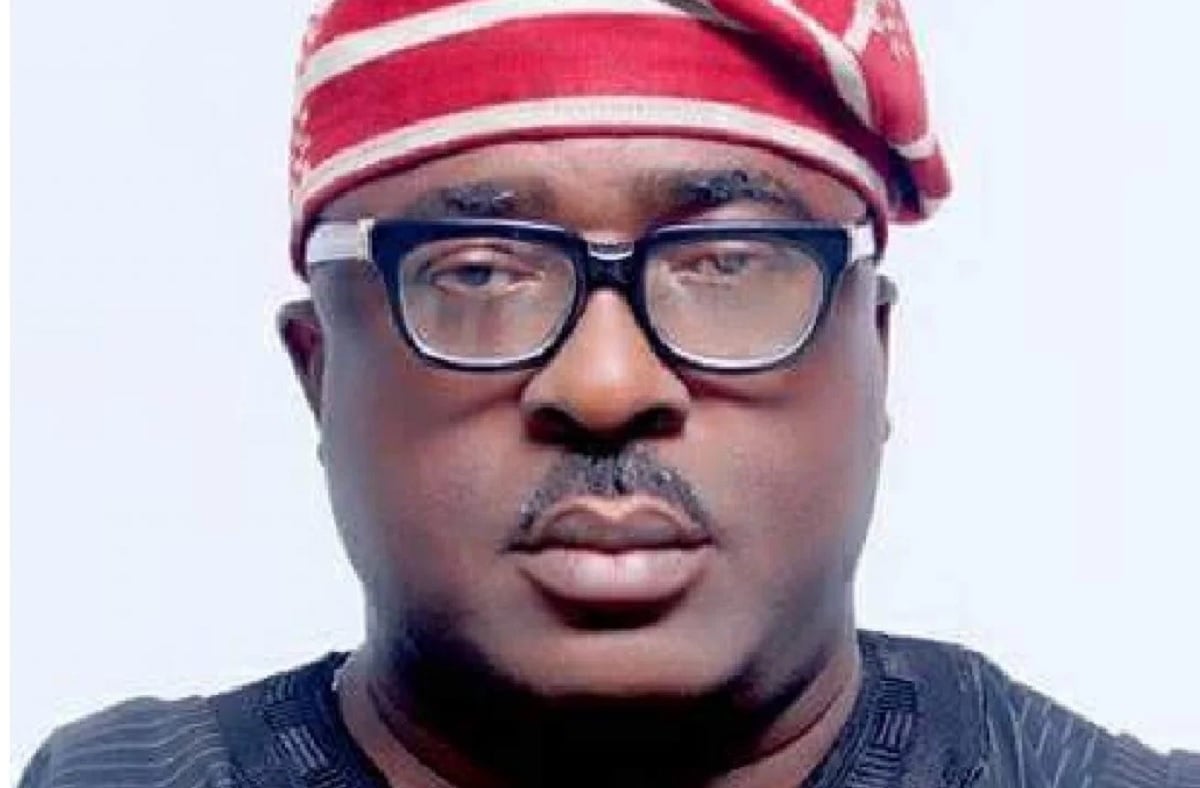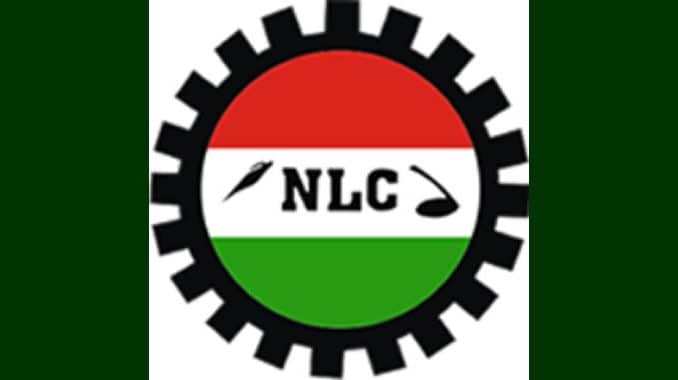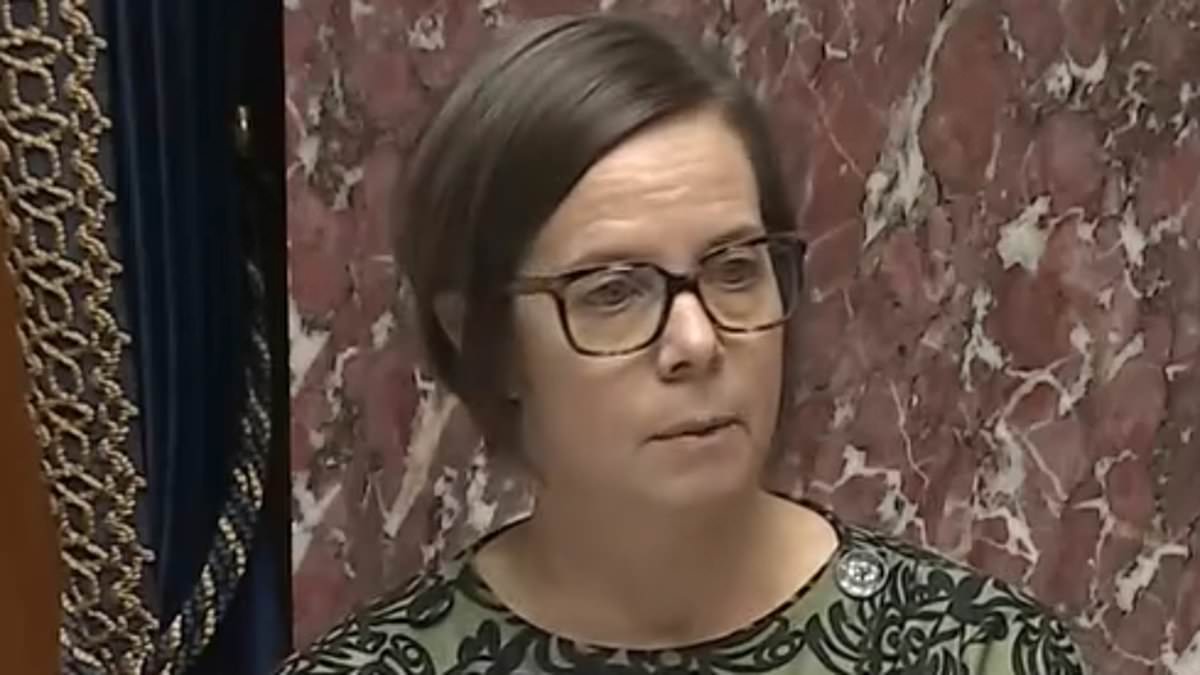Copyright tribuneonlineng

As Nigeria’s political temperature rises ahead of the 2027 general election, debates over the future of the All Progressives Congress (APC) and possible contenders are intensifying. One of the party’s founding figures, Hon. Hilliard Etta, Chairman of the Board of the National Youth Service Corps (NYSC) and former APC National Vice Chairman (South-South), in this exclusive interview with TAIWO AMODU, reflects on the gale of defections into the APC, the Tinubu administration’s economic reforms, and the future of Nigeria’s ruling party in a post-Tinubu, post-Buhari era. Let’s start by examining the gale of defections into the APC. Some have expressed concern that it’s a threat to democracy since democracy thrives where there is a viable opposition. What’s your take? I share the sentiment that for government to perform at its best, there must be a viable opposition. But not just any opposition—it must be responsible and patriotic, capable of providing constructive alternatives to government policies. What we have in Nigeria, unfortunately, doesn’t fit that description. Worse still, everyone seems to be running into the APC. That’s a genuine cause for concern. However, we also know that people join the APC for various reasons that drive politicians to move from one party to another. First, there are no clear ideological differences among political parties in Nigeria—nothing that makes one uncomfortable in any particular party. Secondly, a friend once told me that every politician thrives on the three Rs: recognition, relevance, and reward. When those three align, a politician is inspired to give his best. Take, for example, the recent defection of the Enugu State governor. The South-East has been a bastion of PDP support since 1999, but it has long suffered a lack of recognition, relevance, and reward. So, it’s only natural that leaders from that region are beginning to ask: for how long will we keep giving our time, passion, and resources to a party that doesn’t value us? That’s what has propelled the likes of Governor Peter Mbah. Another factor is the success the Tinubu administration has recorded in just two years. Whether one likes it or not, he has shown that it’s possible to make promises and actually fulfill them. If you look at his manifesto, you’ll find that almost all the reforms he’s implementing are things he promised. People often say politicians don’t do what they say, but here is a man doing exactly what he said he would do. Naturally, such leadership attracts people. His policies have made previously non-viable states more economically stable. Today, there isn’t a single state unable to pay workers’ salaries—something that was common before Tinubu’s administration. When a leader crafts an economic architecture that makes even struggling states viable, it’s only natural that people will gravitate toward him. As we say in Cross River, “it’s the socket to the centre.” I once appeared on a television programme with Mrs. Josephine Anenih, former PDP Woman Leader, and she echoed this same reasoning. If you compare APC’s 10 years in power with PDP’s 16, the difference is clear. Take the South-East: the region’s most significant infrastructural project—the Second Niger Bridge—was completed under the APC government. PDP laid the foundation three times, always during election season, but it took Buhari’s administration to start and complete the project. In my own state, Cross River, we can point to projects initiated by the APC that we never saw in PDP’s 16 years. The Ikom Bridge, for instance, was built to make the Calabar Port more relevant to the North-East. For over 40 years, nobody thought about that bridge until Buhari’s APC government did. Today, it’s in use. The Cross River–Cameroon highway was also completed by Buhari. So, when people compare the two parties, the APC’s record speaks louder. Even the Lagos–Calabar Coastal Road, now a legacy project of the Tinubu administration, shows recognition of our region’s importance as Nigeria’s economic hub. Why wouldn’t our people be happy? As you sound optimistic, others within the APC are apprehensive. They fear the party may become bloated and eventually implode. I agree. I’ve said, with every sense of responsibility, that the party leadership must act wisely. Remember, the APC was formed in 2013 through the collaboration of two iconic figures—late President Muhammadu Buhari and the current President, Asiwaju Bola Tinubu. Since then, Buhari has commanded a large following in the North, while Asiwaju dominates the South-West politically. But in 2031, neither of them will be on the ballot. That means the party must begin to define itself through clear ideas and ideals that can stand alone and distinguish it from others. If this is done, the APC will shed weight ideologically. Those who disagree with its ideals can find other platforms, while true believers will remain. An undisciplined army, no matter how large, is far less effective than a smaller, disciplined one. We must also recognise that the coming generation of Nigerians is demanding—they want good governance and accountability. If APC must remain in the driver’s seat, we must start building a lean, disciplined, and ideas-driven political movement. Two of Tinubu’s reforms—the devaluation of the naira and the removal of fuel subsidy—have increased government revenue, yet ordinary Nigerians are suffering. How do you reconcile the paradox that Nigeria is richer but Nigerians are poorer? I agree with you, but this needs to be viewed in context. These two decisions should have been made years ago, when Nigeria had the financial buffer to absorb the shock. There was a time our Excess Crude Account had over a billion dollars. Had we taken these tough decisions then, we wouldn’t be in this situation today. Nonetheless, someone had to act. It would have been unforgivable if Asiwaju hadn’t taken these steps. I believe his policies have a gestation period, and two years is too short to judge their full impact.We’ve moved from a perilous state to one of relative stability. Prices of goods are beginning to ease, but we must keep working to ensure that macroeconomic gains trickle down to households—in housing, food, education, and other essentials. However, there’s also what I call the “Nigerian factor.” For instance, when jet fuel sold for ₦1,800, airline operators complained bitterly. Now Dangote Refinery sells it for ₦900, yet airfare prices remain high. That’s greed, plain and simple. While I support market forces to an extent, Nigeria’s market isn’t perfect because we import most of what we consume. That’s why government intervention is necessary. We have a Consumer Protection Council that should be protecting Nigerians—but it’s inactive. Even the U.S., with a far more perfect market, regulates against price gouging. Our governors must also act against exploitative middlemen who inflate prices and rip off consumers. Let’s return to 2027. Some suggest Tinubu and the APC are building a southern coalition against the North. Most governors defecting to the APC are from the South. Isn’t that a threat to national unity? I used to think that way, but not anymore. Politically, there are now two Nigerias: the old order and the new. The old order comprises people who believe it’s their birthright to rule Nigeria. They’re stuck in the past. The new order consists mostly of young Nigerians—governors, senators, representatives—across both North and South, who understand the importance of unity. These are the people determined to defeat the old order. As we move forward, Nigerians will eventually ask, “Who is the best candidate from the North?” But for now, there’s a general agreement that power should rotate—eight years to the South, eight years to the North. Most APC members in the North understand and support this arrangement, and you’ll see it play out in 2027. People often say Jonathan had many PDP governors yet lost in 2015. They fail to properly analyze the situation. Five governors left the PDP then—none has left the APC today. Also, the names on the ballot matter: that was Ebele Jonathan; this is Asiwaju Bola Ahmed Tinubu—two very different leaders. In 2011, many northern power brokers like Tanko Yakasai, late Adamu Ciroma, and General Aliyu Gusau swore Jonathan wouldn’t win—but he did. No two elections are ever the same. Today, even if you combine Atiku, El-Rufai, Amaechi, and Peter Obi, Tinubu will still defeat them. By noon on election day, everyone will know that the master has returned.



